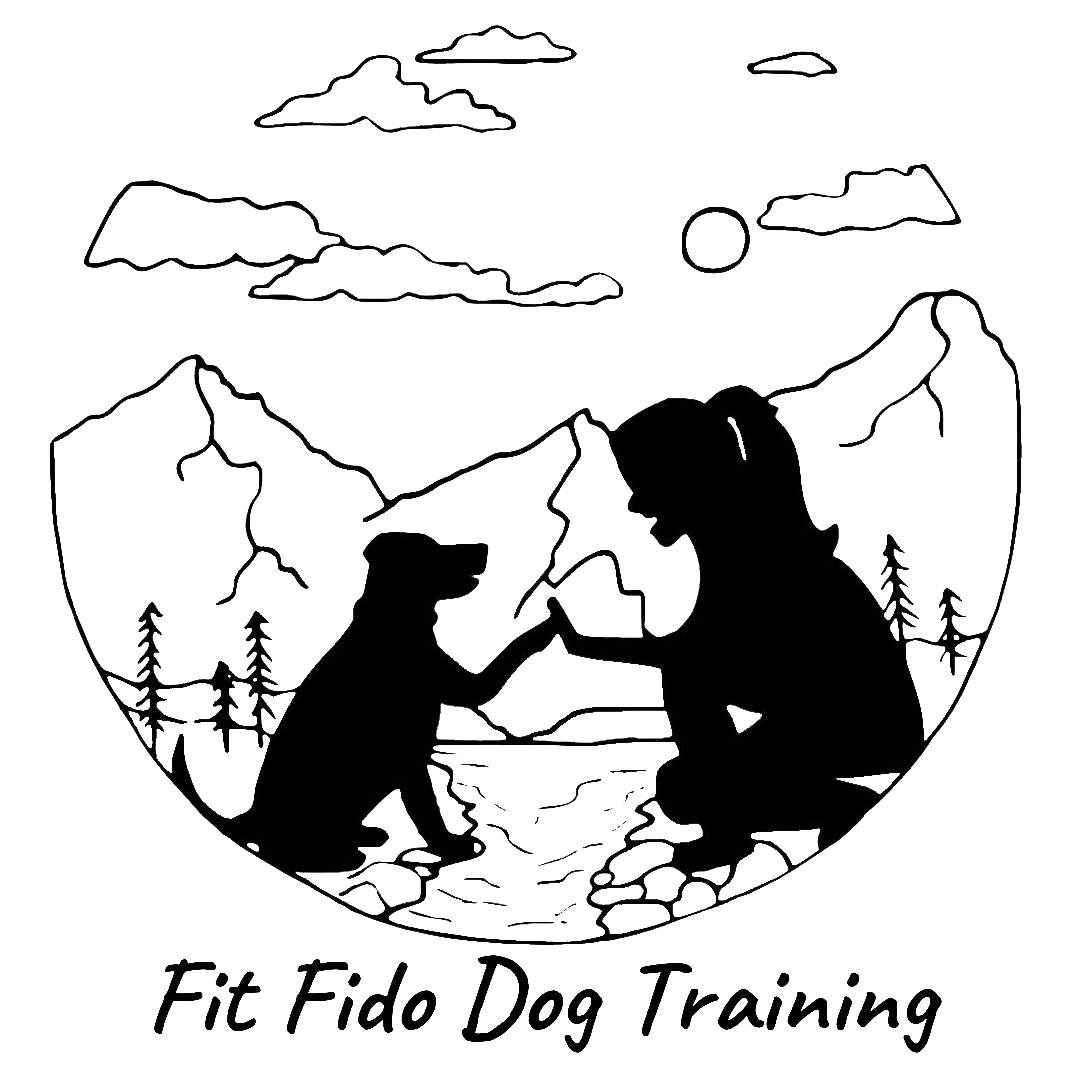The Myth about Dominance
Let's talk about something that has been ingrained in dog training culture for a while: the idea of dominance.
For years, the concept of dominating your furry friend to establish control and obedience has been a prevailing notion. However, the truth is quite different from what this theory suggests.
Dominance theory in dog training revolves around the idea that dogs are hierarchical animals and need to be shown who's the alpha, essentially that they must submit to their owners to behave properly. This theory has led to training methods that focus on being forceful, assertive, and even confrontational to assert dominance over our four-legged companions. But here's the thing – this approach is not just outdated; it's also damaging to our dogs in more ways than one.
Firstly, let's debunk the myth: dogs are not wolves, and their social structure doesn’t mirror that of their distant relatives. Recent studies and observations have revealed that the concept of alpha wolves dominating the pack, as portrayed in old studies, is not accurate. In fact, wolf packs are more like families, where leadership is earned through cooperation and mutual respect rather than aggression and domination.
When we try to establish dominance over our dogs using punitive methods, it often leads to fear, stress, and anxiety in our furry friends. They may comply out of fear, but it doesn't strengthen the bond between human and dog. Instead, it damages their spirit, affects their learning abilities, and strains the relationship between the dog and their owner.
What's more effective and, importantly, humane, is building a relationship based on understanding, empathy, and positive reinforcement. Dogs thrive on positive interactions, clear communication, and rewards for good behavior. By using force-free training methods, we not only teach our dogs what we expect from them but also encourage trust and respect.
Science-backed positive reinforcement methods, such as clicker training, games based training, and behavioural conditioning, have proven to be more effective in shaping desired behaviours while preserving the mental and emotional well-being of our beloved pets.
So, why does the dominance theory persist? It could be that it offers an easy justification for using harsh training methods. However, as our understanding of animal behavior evolves, it's clear that this approach is not the best or most compassionate way to teach and bond with our dogs.
In conclusion, the key to a strong, harmonious relationship with your furry friend lies in mutual trust, respect, and understanding. Embrace positive training methods that foster cooperation and communication. By doing so, you not only enhance your dog's skills and spirits but also nurture a deep, loving bond that lasts a lifetime.
Remember, your dog is a cherished member of your family. Let's treat them with the kindness and compassion they deserve.
Training is a lifestyle not a season, there is always something to learn .
Gameify your life!
Please follow this link to book your free phone consultation

